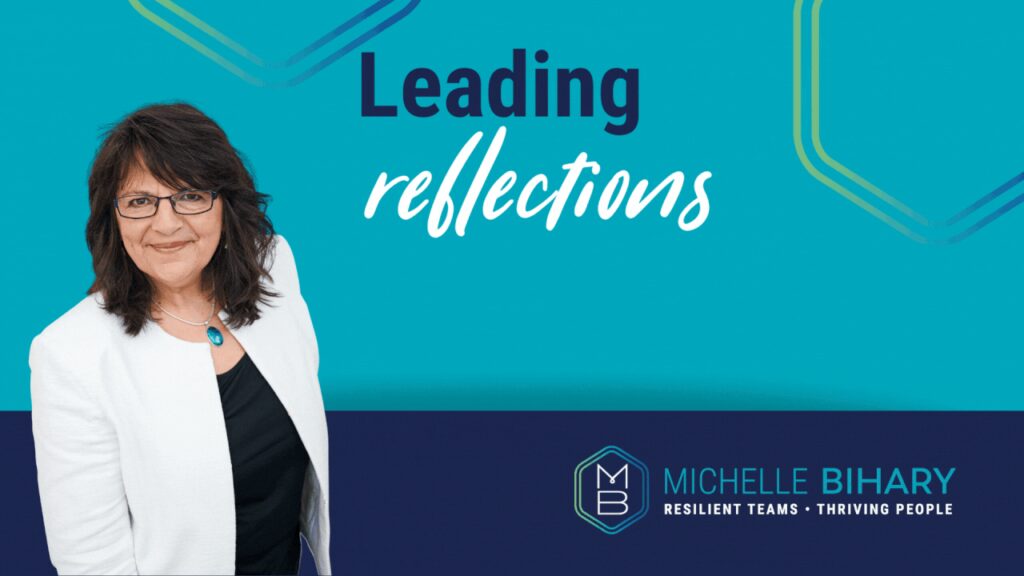Combat is a challenging environment where soldiers often face moral dilemmas that can lead to PTSD and moral injury. PTSD is a mental health condition that can develop after exposure to traumatic events, such as combat, while moral injury refers to the consequences of actions that violate one’s moral code. These two issues often intersect, with moral dilemmas contributing to PTSD symptoms. Seeking support from mental health professionals, engaging in therapy, and building resilience are crucial steps for combat veterans to navigate these challenges. By addressing their experiences, developing coping strategies, and finding support, veterans can work towards healing from the effects of combat.
Navigating Moral Dilemmas in Combat: The Challenge of PTSD and Moral Injury
Introduction
Combat is a complex and intense environment that can present soldiers with moral dilemmas that challenge their values and beliefs. Post-traumatic stress disorder (PTSD) and moral injury are common consequences of experiencing such dilemmas in combat.
Understanding PTSD
PTSD is a mental health condition that can develop after a person has been exposed to a traumatic event, such as combat. Symptoms of PTSD can include flashbacks, nightmares, severe anxiety, and uncontrollable thoughts about the event. Combat veterans are at a high risk of developing PTSD due to the intense and often traumatic nature of their experiences on the battlefield.
Exploring Moral Injury
Moral injury is a concept that refers to the psychological, social, and sometimes spiritual consequences of actions or inactions that violate a person’s moral or ethical code. In combat, soldiers may be faced with situations that challenge their moral beliefs, such as killing an innocent civilian or witnessing the death of a fellow soldier. These experiences can lead to feelings of guilt, shame, and moral distress.
The Intersection of PTSD and Moral Injury
PTSD and moral injury are closely intertwined, as the moral dilemmas faced in combat can contribute to the development of PTSD symptoms. Soldiers who experience moral injury may struggle to come to terms with their actions or inactions, leading to feelings of shame and self-blame that can exacerbate their PTSD symptoms.
Navigating Moral Dilemmas
Combat veterans who are grappling with moral dilemmas from their time in combat may benefit from seeking support from mental health professionals who specialize in treating PTSD and moral injury. Therapy and counseling can help veterans process their experiences, challenge distorted beliefs, and develop coping strategies for managing their symptoms.
Building Resilience
Building resilience is key to overcoming the challenges presented by PTSD and moral injury. Veterans can strengthen their resilience by engaging in self-care practices, building healthy relationships, and finding meaning and purpose in their lives. Connecting with other veterans who have had similar experiences can also provide valuable support and understanding.
Conclusion
Navigating moral dilemmas in combat is a challenging and complex process that can have lasting effects on a soldier’s mental health. By seeking help, building resilience, and finding ways to cope with their experiences, combat veterans can work towards healing from PTSD and moral injury.
